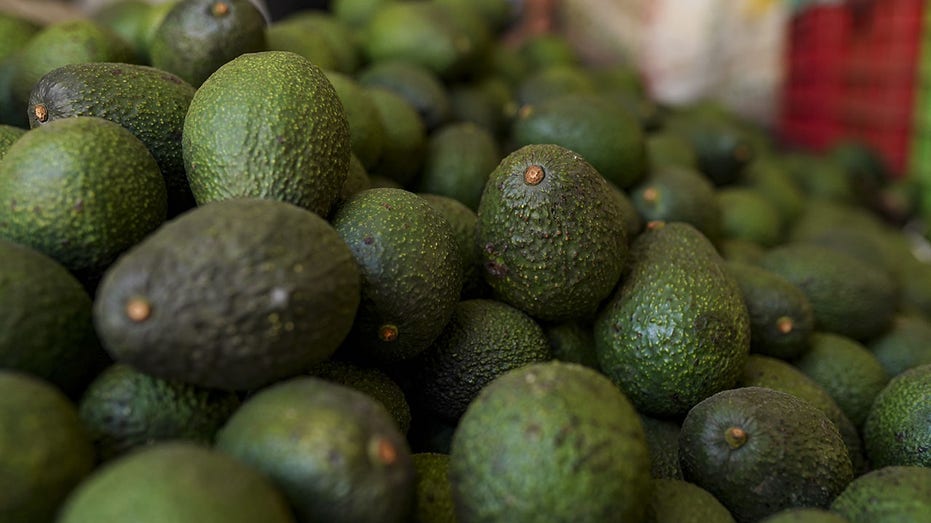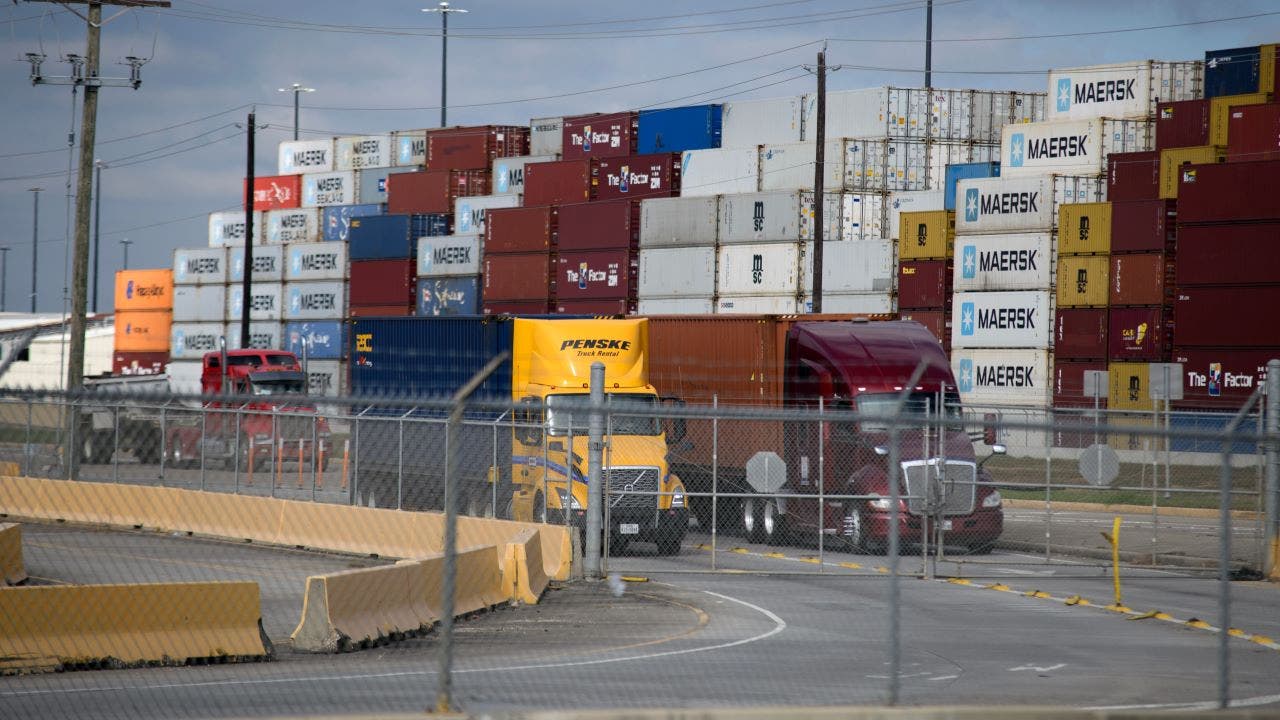President Donald Trump’s announcement of tariffs on Mexico and Canada, though delayed for at least one month, could spur a rise in prices paid by consumers for products affected by the tariffs if they’re eventually implemented.
Trump announced last weekend that 25% tariffs, which are taxes on imported products, would take effect on products from Canada and Mexico effective Feb. 4 – as well as a lower 10% tariff on Canadian energy products. Canada and Mexico threatened retaliatory tariffs in response to Trump’s tariff plans.
The president reached an agreement with Canada and Mexico to delay the tariffs for at least one month after the two countries announced measures to counter fentanyl smuggling and illegal immigration across the U.S. border.
While the tariffs on Canada and Mexico are on hold for the time being, their potential implementation in the future leaves open the possibility that American consumers could face higher prices for certain products if they ultimately take effect.
WHAT’S HAPPENING WITH TRUMP’S TARIFFS ON CHINA, CANADA AND MEXICO?
“Assuming in the next month or so the tariffs on Mexico and Canada do go into effect, you’ll see prices go higher on a lot of goods,” Dan Savickas, VP of policy and government affairs at the Taxpayers Protection Alliance, told FOX Business.
Scott Lincicome, VP of general economics and trade policy at the Cato Institute, said in an interview with FOX Business that the “three big areas for potential consumer pain would be food, energy and autos.”
“On food, we import a ton of fresh seasonal produce as well as beer… meat and a few other things from Mexico,” he explained. “These are perishable items that you can’t stockpile and in the case of avocados, there aren’t really suitable replacements whether in the U.S. or abroad. Given that grocers in the U.S. have very low profit margins, you would inevitably see any sort of tariff on, say, Mexican avocados just passed right on to the consumer – there’s nowhere else for it to go.”
VOTERS REJECT TRUMP’S TARIFF PUSH; MOST BELIEVE POLICY WILL HURT ECONOMY

Lincicome explained that the auto industry is more complex, with suppliers and produce in the U.S., Canada and Mexico comprising the North American auto supply chain.
“You apply tariffs on these things and you’re effectively ensuring some sort of substantial cost increase for automotive manufacturers in all three countries and then the question is how much of that gets passed on,” Lincicome explained. “Depending on whom you talk to, it’s anywhere between $1,000 and $6,000 on a new car and again, there’s some amount of that that manufacturers can absorb – of course, with less investment and hiring and output in the process.”
“We import so much crude oil from Canada and it’s a type of crude oil that we don’t really make in the U.S., it’s a heavy crude. Certain refineries, particularly in the Midwest and the Mountain West, are designed to process that type of crude and they can’t really process the light crude that the U.S. makes cheaply or easily,” he explained.
TRUMP’S ‘EXTERNAL REVENUE SERVICE’ WILL COLLECT FROM IMPORTERS, NOT ‘FOREIGN SOURCES’

Lincicome added that there would likely be some price increases on appliances like washing machines, dishwashers and air conditioners that are made in the three countries.
Other products that Savickas noted could see price increases due to the tariffs include lumber and associated products given the volume of Canadian lumber imported by the U.S., as well as tomato products from Mexico.
Brandon Parsons, an economist at Pepperdine University’s Graziadio Business School, told FOX Business that his research suggested the consumer price index (CPI), a popular inflation gauge, could rise by 1.3 percentage points if tariffs are implemented.
Given that CPI was 2.9% in December, it could push inflation above 4% – a level which is double the Federal Reserve’s target. Parsons said that for the average household, that 1.3% increase in the CPI would likely increase expenses by about $1,000 and those expenses could rise relatively quickly in some cases.
“Assuming that these tariffs go through in a month, I would expect prices on groceries to go up relatively soon,” Parsons explained. “Certain products like an avocado, it could be a couple of weeks possibly, maybe even sooner in other cases.”
TRUMP TARIFFS PROMPT WARNINGS FROM TRADE GROUPS

With respect to energy prices, Parsons said his research showed that gas prices could rise by 70 cents as a result of the tariffs on Canadian crude oil, even with the carve out of a lower tariff rate of 10%. He added that retaliation between the U.S. and Canada could push that increase even higher.
Alex Durante, senior economist at the Tax Foundation, told FOX Business that, “Since these tariffs are targeting a wider variety of goods, like agriculture for instance, firms will have fewer margins of adjustment, so consumers will ultimately be bearing the burden in terms of higher prices.”
Durante added that the U.S. could be seen as a less credible trading partner in the future given the tariff threats against Canada and Mexico – two of America’s largest trading partners who are party to the U.S.-Mexico-Canada Agreement (USMCA) that Trump negotiated during his first term.
“The U.S. also stands to lose further credibility, because when we signed the USMCA, part of that is a commitment to not impose tariffs in violation of that agreement,” he explained. “So on the whole, not only will our economy be worse off because of the tariffs, but I think the U.S. will have more difficulty negotiating free trade agreements in the future.”


















